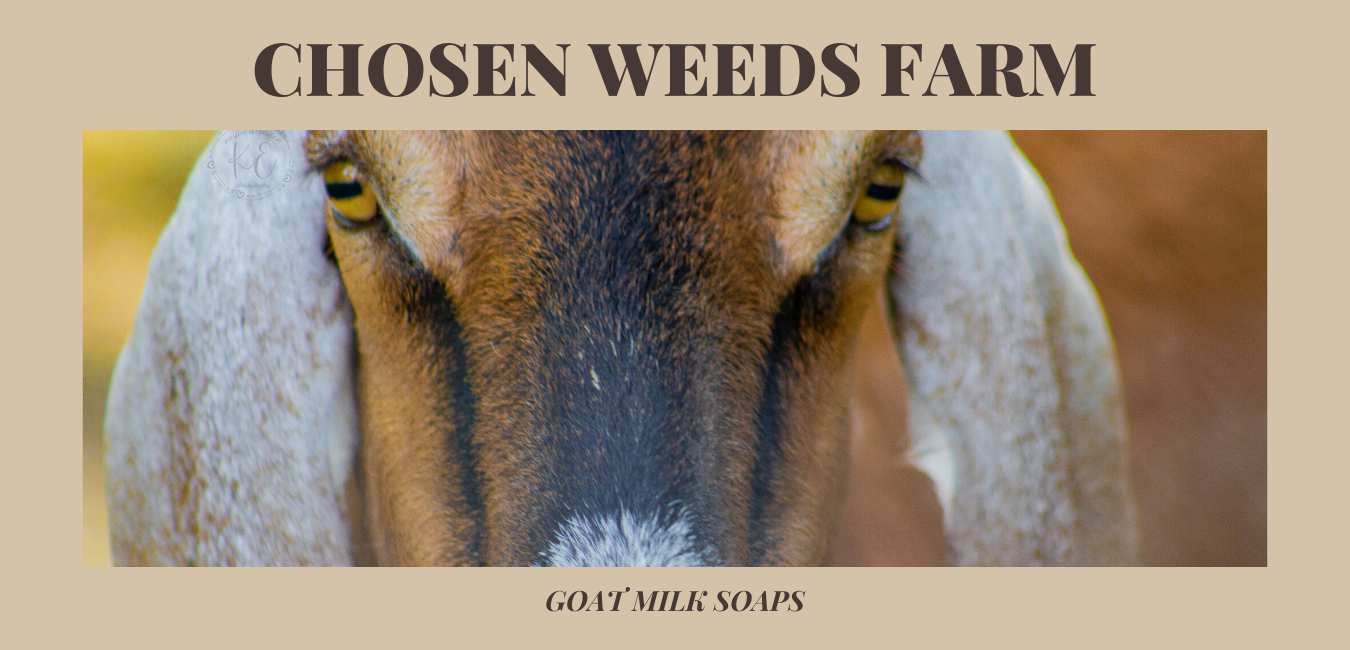
There is nothing worse than putting a lot of time, money, and energy into your plants only to have them die.
Sometimes this is out of our control.
Here’s the ugly truth.
It’s gonna happen at some point. When you and I signed up to garden and homestead, we signed up for hard things and those hard things include pests, disease, and even death.
There are things that we can do that will help our plants grow and thrive, and if there is one thing that I love doing it’s being able to use everyday products in my garden that help my plants to thrive and manage pests and disease.
I know you and I are alike, neither of us want to go out and spend exorbitant amounts of money on pest and disease control products, especially when those products can cause harm to us or the environment.
Plus, if I can go right into my pantry and find something that I already have on hand that is going to help my plants fight the pressures put against them, I am gonna do some research to see if it actually works.
This is especially important to me if supply chains are interrupted or if I need something in a pinch.
You may have heard about using baking soda in the garden.
Yes, baking soda.
Now, there are somethings that you need to know about what baking soda can and can’t do for your plants.
Let’s start with the CAN NOTS.
- Baking soda can not cure disease.
- Baking soda doesn’t kill insects. Most recipes you will find that include baking soda as an insect killer include soaps or horticultural oils. It is more likely that it is the oils and soaps that are doing the insect killing.
- Baking soda doesn’t make a good fertilizer. Using it as fertilizer can put excess salt into the soil that will cause plants harm.
- Baking soda doesn’t make tomatoes sweeter. There is no scientific evidence for this. Once again, sprinkling it around your tomato plants can cause excess salt in the soil.
- Baking soda won’t increase the number of blooms on a plant.
- Baking soda won’t kill ants.
- It can kill weeds if enough is dumped on a particular weed, but then it ends up killing other plants as well.
That’s a lot of CAN’T…….
I know, I know, you are wondering if it can actually help.
Baking soda maybe good at PREVENTING powdery mildew on cucumber and squash plants, it will not cure already existing diseases. It doesn’t kill the fungus, it only makes the leaf surface alkaline so that the fungus doesn’t grow.
What’s that saying? “An ounce of prevention is worth a pound of cure.”
Prevention is everything, but does it actually work?
According to the research, that depends. Too much baking soda and it harms the plant, too little and it’s ineffective.
Howard Garrett—a well-known horticultural columnist and radio personality in Dallas, Texas, recommends baking soda sprays at a concentration of 4 teaspoons (1.3 tablespoons) per gallon of water.
Although his research doesn’t use oil and soap, it has been shown to add 1 tbsp vegetable or horticultural oil and couple drops of castile soap (no fragrances or additives) help the baking soda be more effective by sticking to the plants and the soap helps the oil to mix into the water.
Whether this totally works or not is still up for debate. In a pinch, and that is all you have, give it a shot.
A better choice maybe potassium biocarbonate, but that is a blog post for another time.
